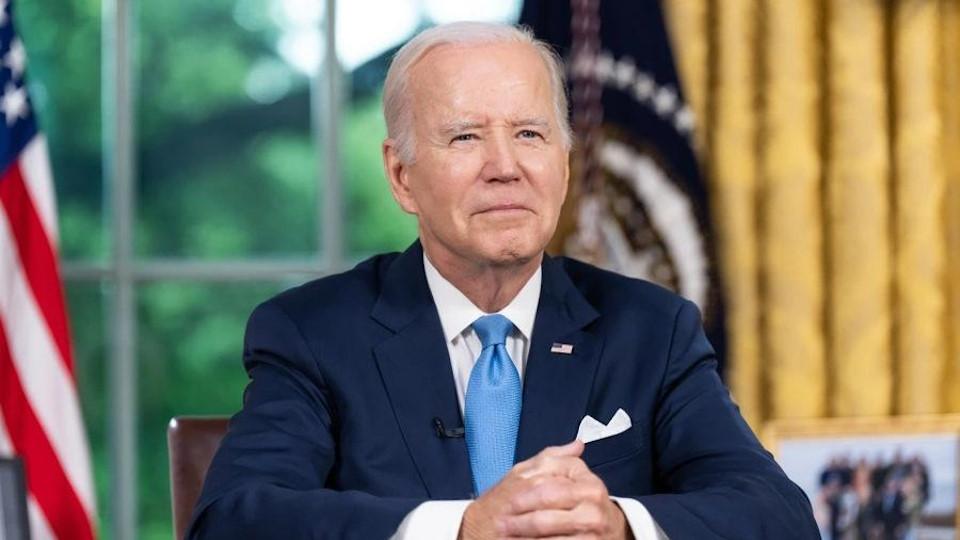Biden may order compulsory licensing in drug pricing move

The White House said today that it may take enforced ownership of patents on medicines developed with public funding if their manufacturers set their prices too high.
The proposed framework for so-called ‘march-in rights’ on taxpayer-funded drugs and other inventions is the latest entry in the US federal government’s playbook to limit price increases for drugs, and will no doubt throw it once again into open contention with the pharma industry.
If enacted, the policy would allow the government to license rights to manufacture medicines to other companies, provided they are prepared to make them available at a “reasonable price”.
“For too long, corporate special interests and trickle-down economics have allowed Big Pharma to make record profits, while millions of Americans struggle to afford health care and prescription drugs to treat common and chronic conditions,” said the White House in its briefing document.
“The Biden-Harris administration believes taxpayer-funded drugs and other taxpayer-funded inventions should be available and affordable to the public.”
That issue was thrust into the spotlight after the pandemic, when manufacturers of mRNA-based COVID-19 vaccines tested with taxpayers’ money raised the prices of the jabs dramatically once the market transitioned to a regular commercial model.
There is a 60-day comment period on the proposal before it is finalised, and the Pharmaceutical Research and Manufacturers of America (PhRMA) trade organisation lost no time in voicing its opposition, saying it “would be yet another loss for American patients who rely on public-private sector collaboration to advance new treatments and cures.”
It added on X (formerly Twitter): “The Administration is sending us back to a time when government research sat on a shelf, not benefitting anyone.”
According to PhRMA, the Bayh-Dole Act of 1980 – which gives the US government certain rights for products resulting from public-private partnerships and which Biden is drawing on for the new policy – was never intended to be used for government price-setting.
The move comes after other price-reducing initiatives, including allowing Medicare to negotiate lower prescription drug prices and requiring drug companies to pay rebates to Medicare if they raise prices faster than inflation – both part of the Inflation Reduction Act – which have been challenged by the pharma industry in the courts.
Other measures include setting a $35 per month price cap on insulin products for seniors and “locking in $800 per year in health insurance savings for 15 million Americans,” said the White House.
The previous Trump administration proposed a rule preventing the government from exercising this type of authority on the basis of high prices alone, but Biden opted not to finalise that plan.
Also revealed today is a cross-government public inquiry into corporate greed in healthcare and a drive to identify anti-competitive ‘roll-ups’ – a series of relatively small acquisitions that can lead to the consolidation of a market – that the White House is currently slipping through antitrust review.
Compulsory licensing of patents has also emerged as a potential strategy to control drug prices in the EU, although, so far the European Commission is only looking at deploying that strategy in emergency situations.













